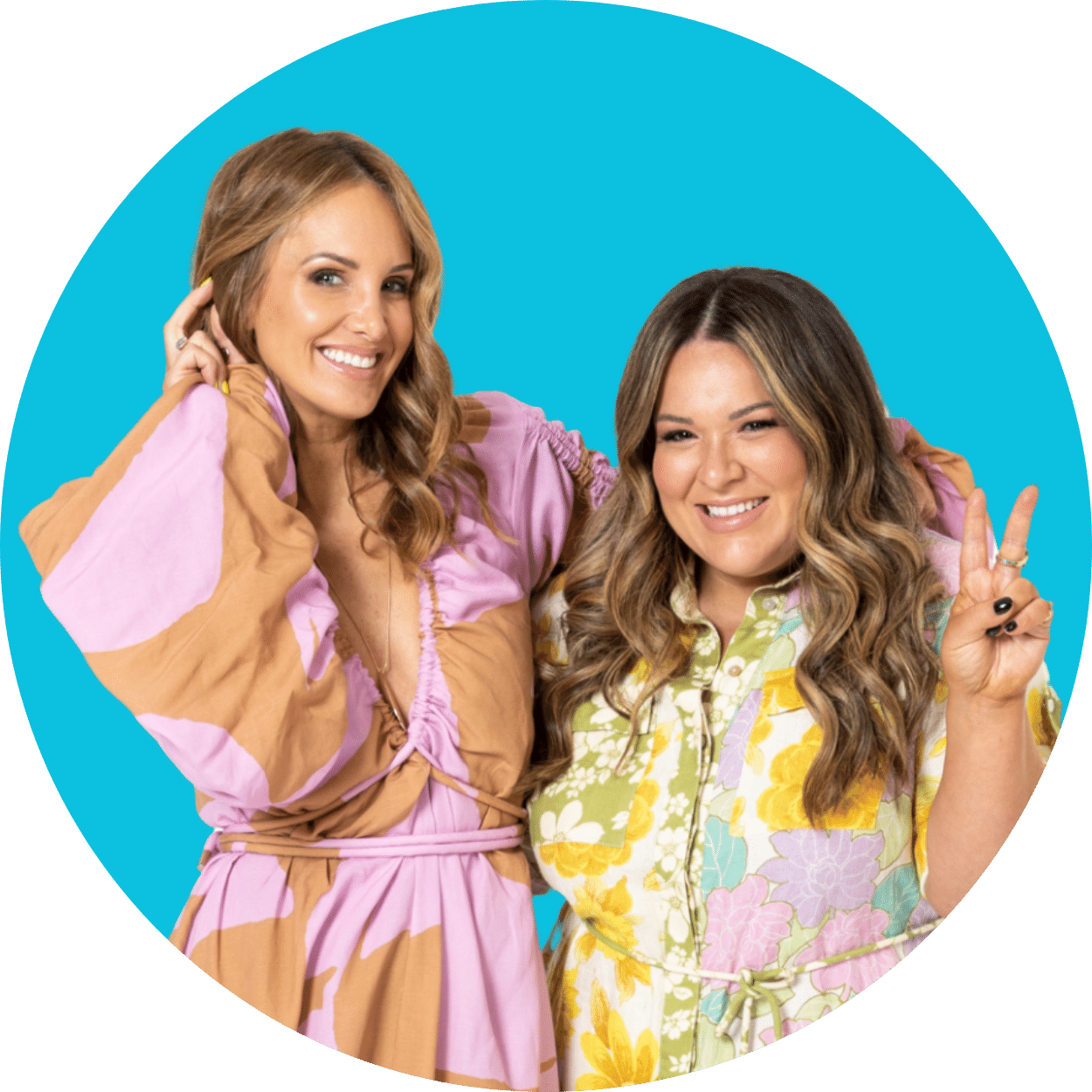By Vanessa Ho :: Websters Lawyers
I have a Small Business. Do I need a Trademark?
Kylie. Who’s the first person to come to mind? Minogue or Jenner? Singer or reality TV star? Aussie icon or American teen sensation? At first blush, the two have little in common, apart from their celebrity status and, of course, their names.
And it’s those very things that have recently had them in the headlines. After Kylie Jenner tried to trademark the name “Kylie” in the United States, Kylie Minogue took legal action to stop it.
While it’s just one more fascinating twist in the lives of the rich and famous, it does raise some interesting issues about trademarking, especially for small businesses.
What is a trademark?
A trademark is a way of identifying something unique that belongs to your business – something that sets you apart from your competitors. To use marketing lingo, it’s a bit like a brand package.
While a trademark can be a logo (for example the Qantas flying kangaroo), it doesn’t stop there. It can also be a product, service, letter, number, word, phrase, picture or packaging. And the list goes on. It could even be a signature colour. Just think of the distinctive purple that Cadbury uses for its chocolate packaging. It’s so closely identified with the chocolate itself that Cadbury has been able to register the colour as a trademark.
Business names, domain names, company names
Trademarks are different from business names, domain names and company names. You don’t get any exclusive ownership over those names. For example, even though you can own a domain name, that ownership only stops someone else from using the same domain name. If you want to stop others from using the name generally, you need a registered trademark.
The lesson? If your business, company or domain name is how your business is known and is its “stock in trade,” consider trademarking the name. Just think of how difficult it would have been for realestate.com.au to protect itself if it couldn’t register its domain name as its trademark.
In the case of the two Kylies, Minogue opposed Jenner’s application on the basis of Minogue’s reputation as an “internationally-renowned performing artist, humanitarian and breast cancer activist known to the world simply as Kylie.” Her submissions described Jenner as “a secondary reality television personality.” Ouch. They also pointed out that Minogue already owned “Kylie-related trademarks in the US in several industries, as well as the website www.kylie.com.”
Minogue’s arguments were strong, especially because she had been amassing her intellectual property empire even before Jenner was a twinkle in Kris’ eye.
What it does
A trademark will give you exclusive rights to use, license or even sell your trademark. It distinguishes your goods or services from those of other businesses. For example, imagine that a business runs this promotion:
PPCare™ products are exclusive to Pampered Pooch Pty Ltd.
The business is Pampered Pooch Pty Ltd but it is PPCare™ that is trademarked because that is what the business can offer that others can’t. In other words, it sets it apart from its competitors because it has exclusive rights to the trademark. It also distinguishes the PPCare™ product from other similar products in the market.
This exclusivity can be hugely valuable, especially for small businesses. It’s a marketing tool and can really build the value of your business.
A registered trademark is also legally enforceable. That is, it gives you legal rights. This means that if someone uses the trademark without your knowledge or consent, or uses a mark that is very similar to your trademark, you can take legal action to stop them. It protects your exclusivity and aims to distinguish your products from those of your competitors. It also tries to prevent ‘knock-offs’ or counterfeits of your products, brand or business.
How to register a trademark
It’s best to consult a trademarks lawyer before trying to register a trademark. You will need to decide whether to register in Australia only, or whether you should register in other countries as well.
You will also need to consider in which categories to register the trademark – there are different classes of goods and services and you’ll need to understand what will work best for your business. It may be that more than one category will apply. This is where a trademark lawyer is really valuable, because if you make a mistake in choosing the classes, it can cause issues down the track if you need to take legal action against someone for unauthorised use of your trademark or for using a trademark that is too similar to yours.
A trademark lawyer will also help you distinguish between trademarks and design rights. This is a common problem and can be costly. Mistakes aren’t usually refundable, so consulting a lawyer is usually a good investment.
Other things to consider
Don’t register a trademark unless you are serious about using it. If you don’t use it actively, anyone may apply to have it removed. This means that they could then apply to register that same trademark and there would be little that you could do about it.
If you want to use a trademark, you don’t necessarily need to register it in order to use it. Some businesses do this by simply using the “TM” symbol. But you do need to make sure that no one else has registered that trademark (you can do a search on IP Australia’s databases), otherwise they may be able to take legal action against you to stop you using it.
Bear in mind, though, that registered trademarks are easier to protect. Trademarks that are registered usually carry the “R” symbol (but not always). This is how you can tell the difference between the two.
A trademark registration lasts for 10 years. You should ensure that IP Australia is informed of any changes in your business details so that you don’t miss out on receiving your reminder to renew.
A simple trademark registration can take more than 7 months to be approved. If there are problems with the application, it can take up to 15 months more for registration to go through.
Trademarking is a really valuable tool for business owners to protect the important things that distinguish them from other businesses and products.
A great trademarking lawyer is an excellent investment to ensure that things are done properly. Just ask Kylie Minogue who not only protected her name against Jenner’s application, but has also been savvy enough to register “Kylie Minogue” as a trademark because it represents a brand of her entertainment service.
While we may not all be so lucky, lucky, lucky to be able to trademark our own names, we can certainly learn from Minogue about erring on the side of caution when it comes to protecting our business and brand.
If you need a trademarking lawyer or have questions about whether you should be trademarking your asset, Websters Lawyers can help. Our trademarking lawyers have great experience in this field. Contact us today for a free first interview.
This article provides general information only. For advice specific to your needs, you should consult a lawyer.










